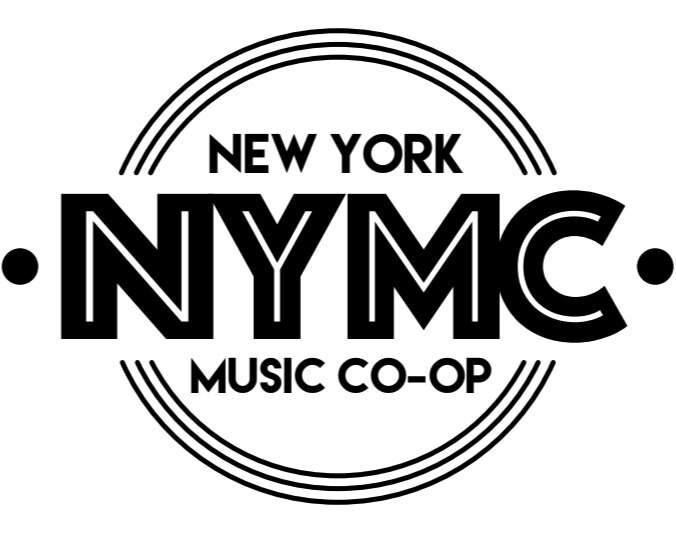5 Ways You Can Prepare for a Live Show
No matter how much you practice, it can always seem like playing in front of people is a completely different world. After hours in the practice room, here are some ways to make sure you’re ready for the real thing.
Ensure You’re Ready
Before you book your first concert, make sure you're prepared to perform. A common rookie musician mistake is booking a gig without having enough material to fill a set or without the band members needed to pull off a live show. If you are playing solo, make sure you’ve prepared all the equipment you need.Practice, Practice, Practice
Live music isn't just about getting every single note right. Your personality and the energy you bring to the room or just as important! Practice your set in order, including the music as well as the words you’ll say to introduce your show and in-between songs. There can be an element of entertainment in addition to musicianship if it fits your group’s image. Practice playing through your mistakes. They do happen, and if you flub on stage, don't expect tomatoes to fly and your music career to stop dead in the water. Very few people may notice one wrong note, but everyone can see if you’re stressing out about it. Practice staying relaxed. Tension and performance anxiety often show in your body language and confidence as much as in the music. Staying relaxed, no matter how you think the piece is going is, will ensure a much better performance.Share with Friends First
Perform for your friends and family before performing in front of an audience. This exercise has several purposes. First, you can get feedback about your song choices and set length.Second, playing for this friendly bunch gives you the opportunity to get comfortable playing in front of a live audience, which is entirely different from playing in front of a mirror or your bandmates.
Last but not least, playing in front of people before the main event will boost your confidence and help you stay confident and poised during the performance.
Consider playing for your private lessons teacher, too! Our teachers love to hear the student’s progress in a performance like setting, and it always feels more like the real thing when someone who can provide positive, constructive criticism is present.
Leverage Social Media
Live music keeps fans engaged, and for an up-and-coming artist, live music is a way to make music fans want to know more about you. Don’t worry if it’s only your first show. You might be ready! Audiences love being the “first to discover” a rising star or underground favorite.Before your show, update your Facebook, Twitter and/or any other social media sites you use. If you sell music online, make sure fans can find links to sales pages easily.
By the way, after the show, hit your social media network and rave about how much fun you had.
Consider creating a mailing list and encourage concert attendees to join it after the concert so they come to future performances.
Find Out Who Else is Playing
If you’re playing in a band setting, and your group is new, chances are you're first on a two-, three- or four-band bill. Don't show up without knowing anything about your fellow musicians. Same goes for the venue and concert promoter. Find some background on other concerts they have produced and try to understand why it makes sense for you and them to play this concert. Fitting the venue and their audience is important.Spend a little time online learning about their music and what they do. You don't have to become their biggest fan, but knowing about others shows professional courtesy. You can introduce the other bands better this way, too. Opening bands in particular need to work on building the off-stage relationships that help open new doors of opportunity. It's the little things that add up to big breaks!

